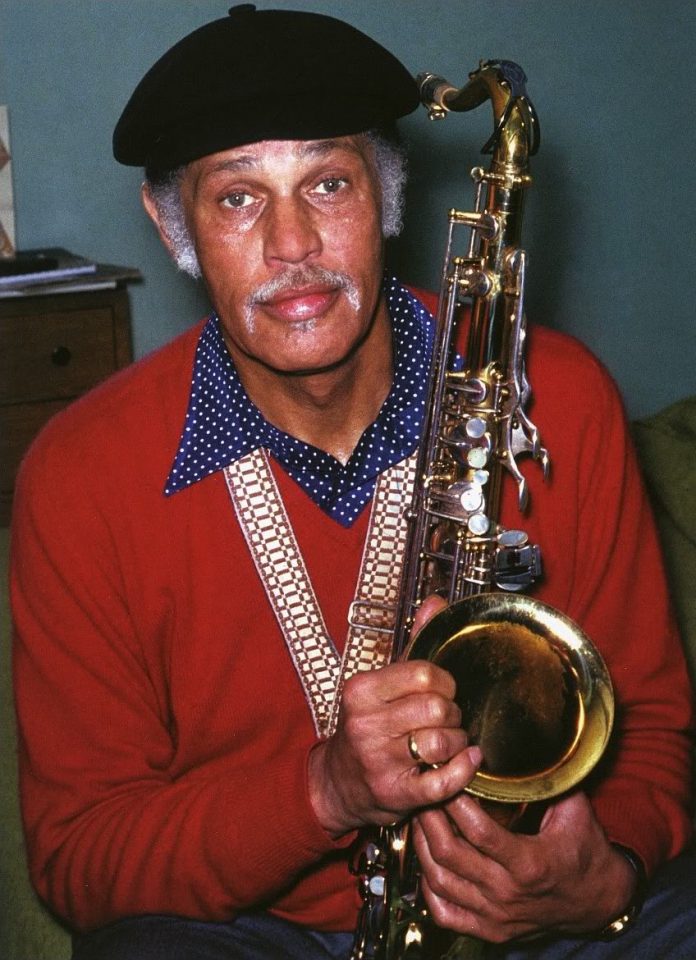As Eddie Gladden got into the 12th minute of his drum solo, I began to develop the uneasy suspicion that Dexter Gordon and pianist Kirk Lightsey had slipped out for a bite to eat. It was an unforgiveably long spell of solo drumming – executed though it was with abundant variation, impressive technique and great vitality – and it marred what was otherwise a good set.
It never fails to dismay me when the drummer is deserted by his fellow musicians, because it is a cinch that we are in for a percussion marathon. It’s almost as if the other guys in the band are saying, “It’s OK for the audience but we don’t have to listen to it.” And apart from that, if the drummer is making a germaine and significant contribution to the piece, shouldn’t the other musicians stay around to hear it? Alternatively, if the contribution is inapt or inept, then why have it all all?
I noticed that Eddie Gladden didn’t walk offstage while Dexter was grafting a prodigiously extended unaccompanied coda on to the end of You’ve Changed.
It was a four-tune set – which means that each piece went on rather too long, because of the unvarying routine sequences of tenor solo, piano solo, bass solo and fours with the drums. Dexter was in good, but not brilliant, form, doing his well-known escape act of appearing to get into phrases which threaten to be at variance with the chord sequence and then resolving everything in the nick of time.
Fried Bananas, his nifty but somewhat overworked theme on the chords of It Could Happen To You, got the set off to a brisk, bustling start and the mandatory “… all run after the farmer’s wife” quote came in Dexter’s second chorus. The rhythm section, excellent throughout, drove things along with plenty of dash and spirit. Lightsey is an industrious, attacking, powerful player, Gladden a hard-swinging drummer with a fine sense of the appropriate and in Chuck Metcalf Dexter has found a most accomplished and cleanly articulate successor to Rufus Reid. Metcalf took some splendid solos, making impressive use of Wes Montgomery-style octave playing at times.
Come Rain Or Come Shine, spiced by the addition of some rich chord substitutions in what is already a very tasty sequence, produced a rugged, richly inventive solo from Dexter, a bravura interlude by Lightsey, who briefly doubled the tempo to good effect, and an outstanding contribution from Metcalf.
The beautiful ballad You’ve Changed was given a vibrant and considered reading by Gordon and finally came his much-favoured Charlie Parker piece, Jumping The Blues – which might well have been subtitled Gladden All Over.
Opposite was the Tony Lee Trio (with Tony Archer and Bobby Orr) augmented by vibraphonist Lennie Best. All good, romping Bull’s Head stuff. Lee, a strikingly resourceful pianist is however just a touch unrelenting for my taste.
Mike Hennessey


